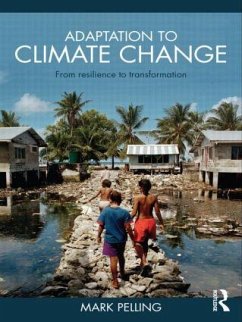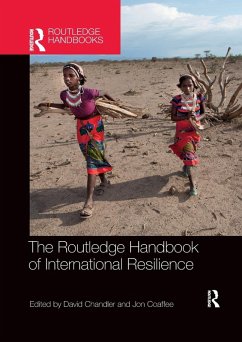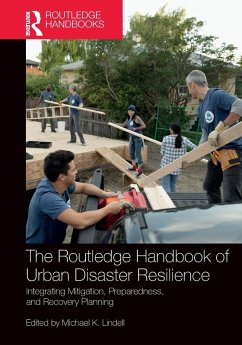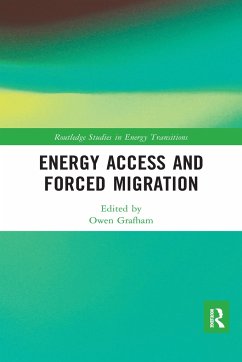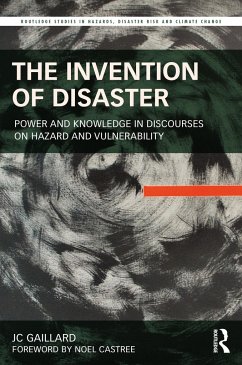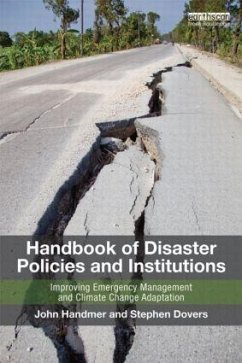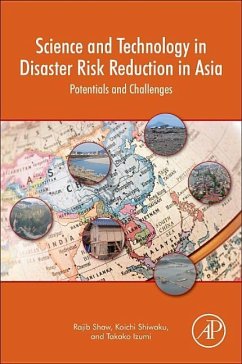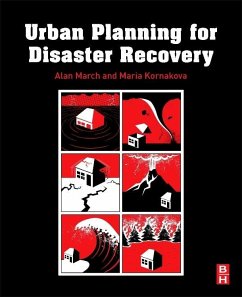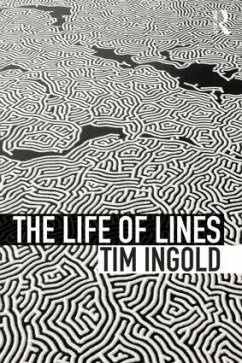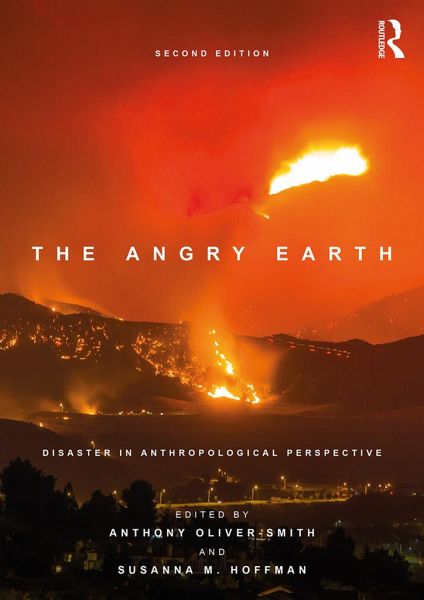
The Angry Earth
Disaster in Anthropological Perspective
Herausgegeben: Oliver Smith, Anthony; Hoffman, Susanna

PAYBACK Punkte
27 °P sammeln!
The Angry Earth explores how various cultures in different historical moments have responded to calamity, offering insight into the complex relationship between societies and their environments.From hurricanes, floods, and earthquakes to oil spills and nuclear accidents, disasters triggered by both natural and technological hazards have become increasingly frequent and destructive across the planet. Through case studies drawn from around the globe the contributors to this volume examine issues ranging from the social and political factors that set the stage for disaster, to the cultural proces...
The Angry Earth explores how various cultures in different historical moments have responded to calamity, offering insight into the complex relationship between societies and their environments.
From hurricanes, floods, and earthquakes to oil spills and nuclear accidents, disasters triggered by both natural and technological hazards have become increasingly frequent and destructive across the planet. Through case studies drawn from around the globe the contributors to this volume examine issues ranging from the social and political factors that set the stage for disaster, to the cultural processes experienced by survivors, to the long-term impact of disasters on culture and society. In the second edition, each chapter has been updated with a postscript to reflect on recent developments in the field. There is also new material on key present-day topics including epidemics, drought, non-governmental organizations, and displacement and resettlement.
This book demonstrates the relevance of studying disaster from an anthropological perspective and is a valuable resource not only for anthropologists but for other fields concerned with education, policy and practice.
From hurricanes, floods, and earthquakes to oil spills and nuclear accidents, disasters triggered by both natural and technological hazards have become increasingly frequent and destructive across the planet. Through case studies drawn from around the globe the contributors to this volume examine issues ranging from the social and political factors that set the stage for disaster, to the cultural processes experienced by survivors, to the long-term impact of disasters on culture and society. In the second edition, each chapter has been updated with a postscript to reflect on recent developments in the field. There is also new material on key present-day topics including epidemics, drought, non-governmental organizations, and displacement and resettlement.
This book demonstrates the relevance of studying disaster from an anthropological perspective and is a valuable resource not only for anthropologists but for other fields concerned with education, policy and practice.





